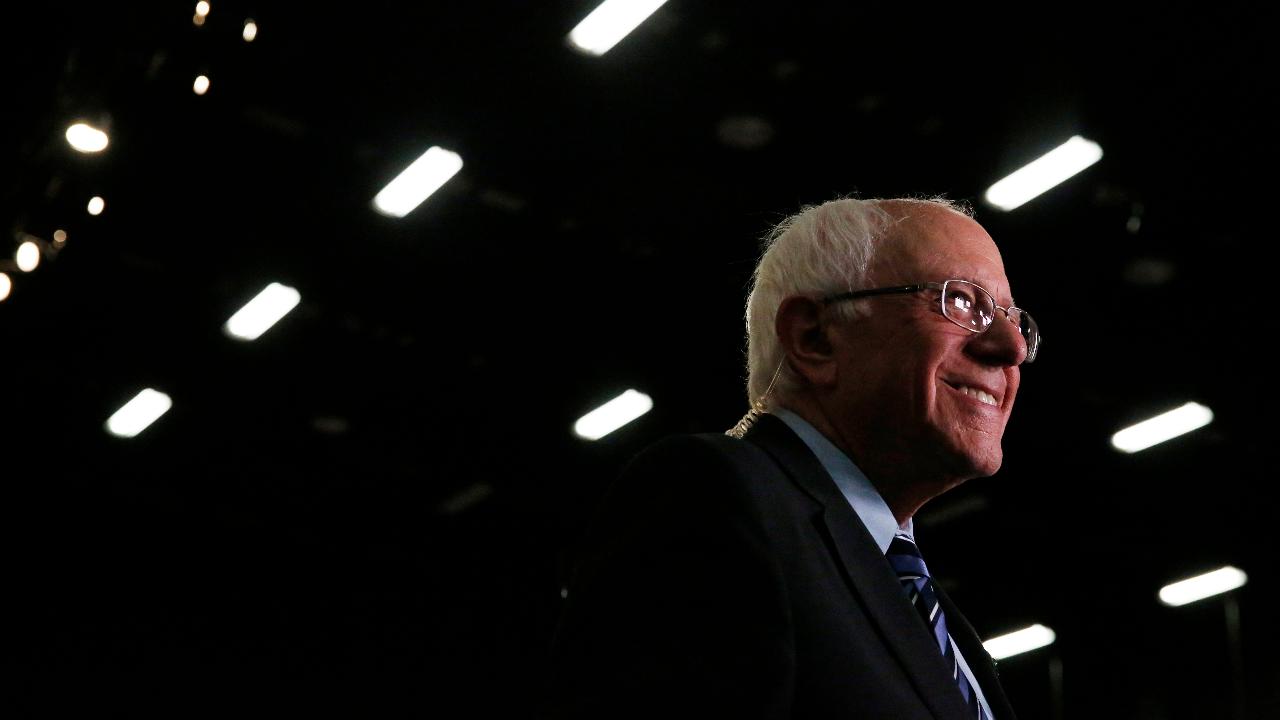Which 2020 Democrats support Medicare for All?
With the Affordable Care Act in legal limbo, health care is shaping up to become a primary talking point in the lead up to the 2020 presidential election.
Ahead of the midterm elections, which saw Democrats win control of the House for the first time in almost 10 years, more than 70 percent of voters said health care was “very important” when deciding which candidates to cast their ballot for this midterm cycle, according to a poll from the Kaiser Family Foundation.
Democrats, however, are sharply divided between those who support maintaining some type of mixture of private and public insurance – and the handful in favor of abolishing private health care and replacing it with Medicare for All.
This week, independent Vermont Sen. Bernie Sanders promoted his signature, single-payer Medicare for All health insurance plan – arguably the most visible of all of the presidential hopefuls.
“The last that I heard, the ability to hear, the ability to see, the desire to have teeth in your mouth is a health care issue,” Sanders said. “Despite what you’re hearing about Medicare for seniors being weakened, the truth is exactly the opposite – it will be strengthened.”
Take a closer look at all of the candidates who have endorsed Medicare for All, and the types of plans they say they’ll implement if they win the election next November.
Elizabeth Warren: During the first Democratic debate at the end of June, the Massachusetts senator was one of two candidates to endorse Medicare for All, although she’s previously dodged questions about whether she supports a single-payer system.
“I’m with Bernie [Sanders] on Medicare for All,” she said at the time.
In 2017, Warren backed legislation first put forth by Sanders that would guarantee health coverage for all Americans by expanding Medicare, essentially shifting toward a single-payer system.
Bill de Blasio: The New York City mayor was the only other Democrat on stage with Warren to raise his hand when asked whether he supported forgoing private insurance in favor of government health care.
“It matters that we nominate a candidate who saw the destruction wrought by a broken health care system and gave people universal health care,” de Blasio said during the debate. “These things really matter. And these are the things that I've done in New York and I want to do the same for this whole country, because putting working people first, it matters.”
According to Politico, de Blasio is likely referring to NYC Care, which is a public information campaign intended to steer uninsured people away from costly emergency room visits and instead to primary care doctors. It is not universal – nor is it health insurance.
It’s unclear, exactly, what type of system de Blasio actually envisions implementing. There is no type of policy proposal related to health care on his 2020 campaign website.
Bernie Sanders: Under the plan that the Vermont independent and self-described Democratic socialist rolled out in 2017, the federal government would, via taxes, finance health care costs for people across the board (although individuals would still be on the hook for some out-of-pocket costs).
During the first debate, he admitted that middle-class taxes would rise in order to pay for the proposal -- but defended the increase, saying insurance premiums were essentially another type of tax.
But a family that currently pays $20,000 for private insurance would no longer have to pay that cost in premiums and out-of-pocket expenses, he said. Instead, their taxes would increase by roughly $10,000.




















